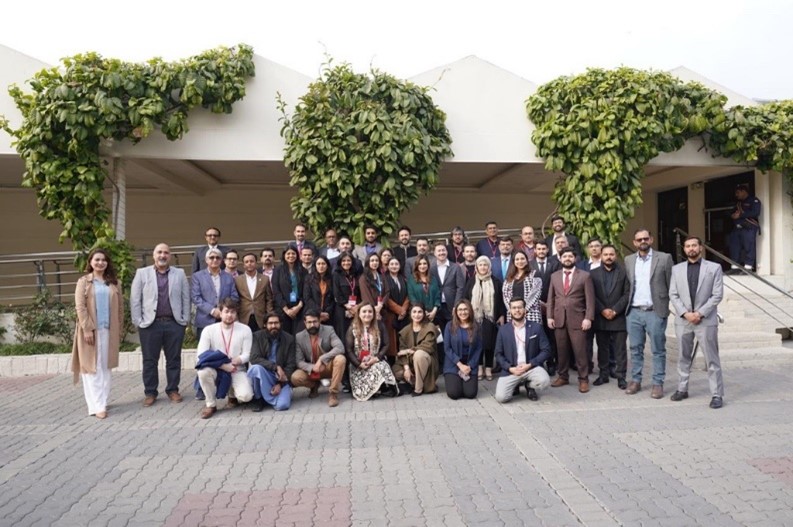 Background
Background
The impact of disasters and crises are evident around the world.Pakistan is highly susceptible to various natural hazards, including earthquakes, floods, landslides, and forest fires. In 2024, Pakistan faced catastrophic floods that claimed over 306 lives, with half being children, and injured 584 people. Nearly 2,000 homes were destroyed, displacing thousands, while infrastructure, including roads and bridges, suffered severe damage.
In the face of disasters, mobile-enabled early warning systems play a vital role, as they provide timely alerts to the population, allowing them to take necessary actions that can significantly reduce the loss of life and economic damage by enabling proactive measures. In a country like Pakistan, where communication infrastructure can be severely affected during disasters, having a robust early warning system ensures that critical information reaches those in need promptly.
Objectives
The main objective of this workshop was to bring together stakeholders from across the mobile ecosystem, government, and the humanitarian sector to discuss and strategize on improving mobile-enabled disaster resilience in the country. This importantly included the development and implementation of a mobile-enabled Early Warning System (EWS) building on the momentum of the
Early Warnings for All Initiative. Additionally, to discuss the importance of having in place national strategies, such as National Emergency Telecommunication Plans, standard operating procedures that can enable and facilitate coordination as well as decision making prior to a disaster situation.
Moreover, the workshop provided the opportunity to test the readiness of all the stakeholders involved in disaster management to provide a fast response through the development of a tabletop simulation exercise.
Acknowledgements
This workshop would not have been possible without the invaluable contribution of the
NDMA, PTA, UNICEF, ITU, USF, Jazz, Ufone, Telenor,
amongst others. It is a highly collaborative efforts and we are deeply grateful to all our partners for making it possible.